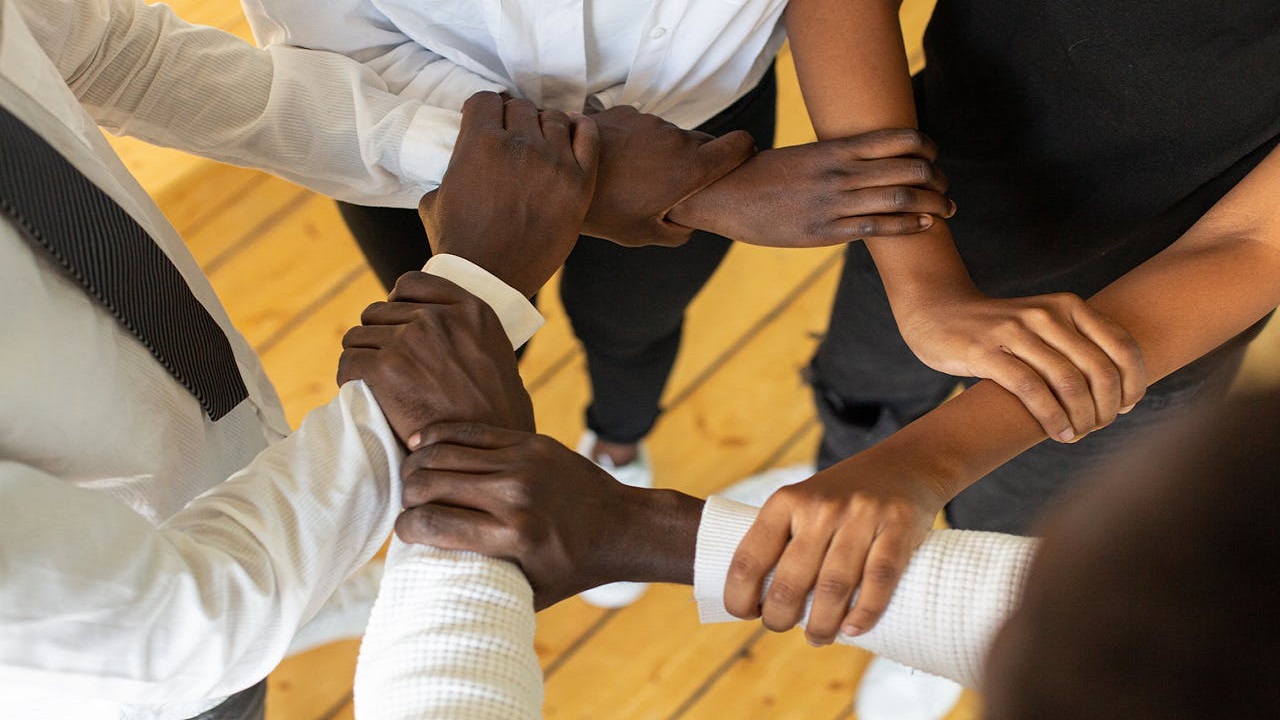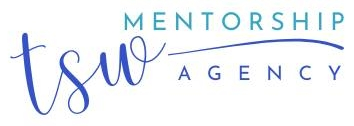
In most tertiary institutions, academic performance is largely measured by GPA. Students compete intensely to achieve top individual grades, with a first-class degree often seen as a symbol of accomplishment.
Ironically, many academic programmes emphasize individual performance but overlook the importance of preparing students for collaborative careers. In the workplace, success depends on teamwork, where individuals work toward shared goals—a skill set often underdeveloped in traditional education.
Many young professionals find it challenging to adapt to teamwork when they start working. They may struggle to navigate diverse cultures, personalities, and various hierarchical relationships within the organization.
Here are a few essential tips to improve teamwork skills:
Communication
Effective communication, whether via email, voice calls, messages, or face-to-face interaction, is critical to team success. Miscommunication can easily lead to conflicts, so it’s essential to master both formal and informal communication styles suitable to the organization.
While younger people might be comfortable with quick messaging, formal communication like emails may feel less familiar. Practicing these skills can make formal communication second nature.
Collaboration
Every organization operates toward a common goal, with each role contributing to that purpose in coordination with others. Your tasks will often connect with those of other colleagues. For instance, production staff create quality products, which the sales team markets to drive revenue that the finance team manages.
Remember, isolation doesn’t work in a team-focused environment.
Interpersonal Relationships
Since people fill roles, how you relate to colleagues matters significantly. Workplace conflicts can arise from clashing egos or unresolved issues. Learning to work effectively with all colleagues, including those you find challenging, is essential. Respect, courtesy, and professionalism are invaluable.
Going the Extra Mile
Do your job well, but look for ways to contribute beyond your specific role. Whether helping a colleague, innovating a process, or solving a problem, always aim to avoid a reputation for complacency.
Emotional Intelligence
Knowing how, when, and what to communicate is a skill that sets you apart. Reading non-verbal cues and gauging the mood of your team can improve workplace interactions. Workdays won’t always go smoothly, and a nimble mindset helps. Supporting colleagues through difficult days fosters a positive workplace culture. The spirit of “mutual support” is very real in professional environments.
Developing these teamwork skills can make a significant difference in career success and workplace satisfaction.
